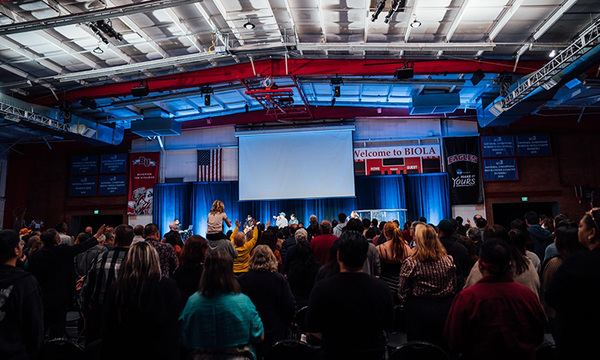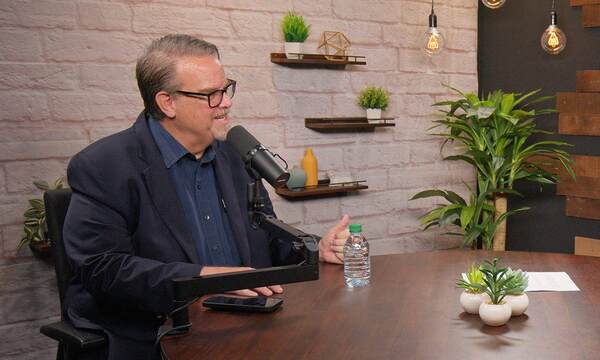One of the important and lasting results of the Reformation is that the foremost duty of Christian ministers is to preach and teach the Scriptures. Martin Luther preached the Bible multiple times a week. He saw it as the power of God for salvation to everyone who puts their faith in Christ. And he saw preaching as the living voice of God to keep people from deceitful teaching and the errors of the day that would lead them away from the truth of the gospel.
For many years, Luther read the Bible through twice a year so that he was intimately acquainted with its message. But he also learned the biblical languages — Hebrew and Greek — to understand the text in all its detail, with precision and accuracy. But his concern was ultimately pastoral. He wanted all people to see the grace of God in Christ. To that end, he preached in the language of the common people. And he made use of colloquial German in his Bible translation.
As we now stand half a millennium away from the Protestant Reformation, we can renew our commitment not only to some of the core convictions — sola scriptura, sola gratia, sola fide (Scripture alone, grace alone, faith alone) — but to some of these key practices in preparing leaders for the church.
While holding tight to these convictions, yet recognizing the need for new structures in changing times, Talbot has launched a new program that enables Biola undergraduates with a call to ministry to complete their bachelor’s and master’s in five years. The bachelor’s in biblical and theological studies with a concentration in preaching and pastoral ministry combines a full liberal arts education with training in the Bible, theology, a biblical language and equipping in ministry skills. Students learn in peer cohorts, receive mentoring, go on retreats and learn from ministry leaders.
Talbot has also created a new option for students who have already earned their bachelor’s degree: the master’s in preaching and pastoral ministry, a 58-credit program with training in Bible and theology and equipping in ministry skills. Gary Manning gives a more complete orientation to both these programs in this issue of Talbot.
Although many seminary degrees have the word “Master” in front of them, I must confess that this is a bit of a misnomer. We will help facilitate a strong grounding in all of the key areas, but theological education, along with wisdom and ministry skills, is really a lifelong quest that is perhaps never truly “mastered.” One of the ways we hope to partner with you throughout your ministry career and ongoing education is through a new platform that launched on September 6, called Biola LEARN. Thank you for your faithful service in honor of Christ our Lord.
 Biola University
Biola University

